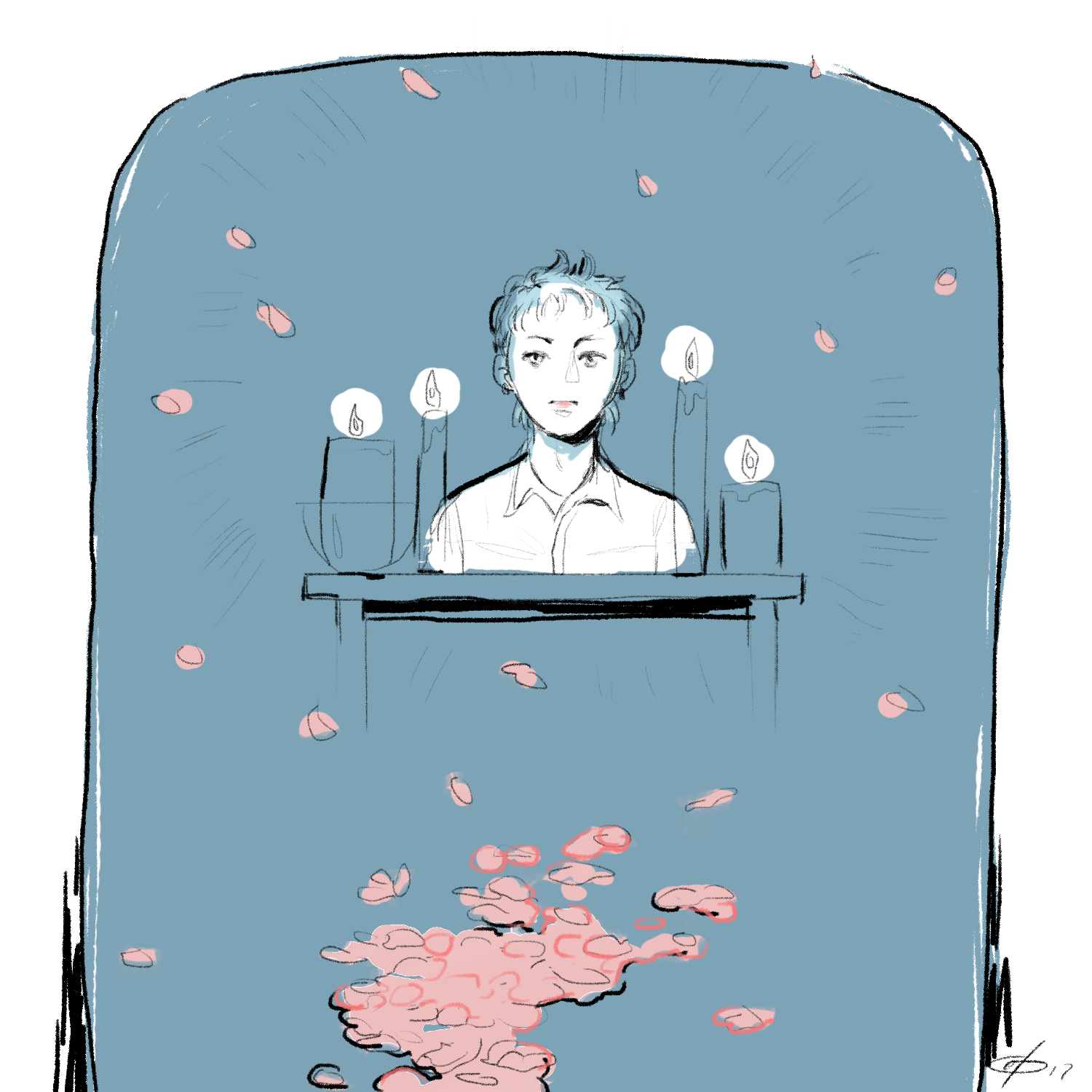It is not your fault
Anonymous


Content warning:
The following text describes sexual assault and violence, and can be disturbing and/or triggering for some readers. Please find resources listed at the bottom of the article.
He was my first of many things. He was my first homecoming date, my first boyfriend, my first kiss, and my first assault. During my freshman year of high school, a tall, dark, and handsome boy who was the prized possession of our town began to pass me notes in class. I was awestruck, and soon enough, we began dating. I thought I was so lucky. What did the athletic star of our hometown see in me, a shy, geeky girl? I thought I was in a dream, but that dream quickly became clouded with confusion and guilt. One night, I fell asleep on his couch and awoke as I suddenly felt him on top of me. I was confused for a couple of seconds until I felt his hands slide down and unbutton my pants. My grogginess quickly turned to panic. I tried to make him stop. I froze, I pleaded with him, I told him it hurt, I said no. The only response that I heard was what resonated with me for years to come: “This is what people in relationships do.”
That night I came home quiet. I cleaned off the blood that stained my underwear, and I cried myself to sleep. I still dated him for a while after that. I felt guilty. Why didn’t I do what he wanted? Was I a horrible girlfriend? Would no one ever like me? This is what our relationship soon evolved to: He would drive us in his truck, say we were going on a date, and then pull over to a parking lot and try to force me to do things again and again. He made me feel guilty, and I blamed it all on myself. When he finally broke up with me, I was actually relieved. However, what I did not realize was that his actions forever shaped how I viewed relationships. It took years for me to begin to feel comfortable being alone in a room with a guy who was my friend, let alone in a car. I am still learning how to open myself up, to be able to be intimate, and to feel confident enough to tell people no. It is a long journey, but one I am finally confident in.
If you are going through a similar situation, listen to me: It is not your fault. Just because you are dating someone, doesn't mean you have to do something you aren’t comfortable with. Surround yourself with people that love and care for you. One day, you will find yourself someone who breaks down all your walls. Hold your head up and be strong.
The HELP Line: 215-898-HELP:
A 24–hour–a–day phone number for members of the Penn community who seek help in navigating Penn's resources for health and wellness.
Counseling and Psychological Services: 215-898-7021 (active 24/7):
The counseling center for the University of Pennsylvania.
Student Health Service: 215-746-3535:
Student Health Service can provide medical evaluations and treatment to victims/survivors of sexual and relationship violence regardless of whether they make a report or seek additional resources. Both male and female providers can perform examinations, discuss testing and treatment of sexually transmissible infections, provide emergency contraception if necessary and arrange for referrals and follow up.
Reach–A–Peer Hotline - 215-573-2727 (every day from 9 p.m. to 1 a.m.):
A peer hotline to provide peer support, information, and referrals to Penn students.
Penn Violence Prevention: 3539 Locust Walk (Office Hours: 9 am – 5 pm), (215) 746-2642, Jessica Mertz (Director of Student Sexual Violence Prevention, Education) jmertz@upenn.edu,
Read the Penn Violence Prevention resource guide.
Sexual Trauma Treatment Outreach and Prevention Team:
A multidisciplinary team at CAPS dedicated to supporting students who have experienced sexual trauma.
Public Safety Special Services:
Trained personnel offer crisis intervention, accompaniment to legal and medical proceedings, options counseling and advocacy, and linkages to other community resources.
Penn Women's Center: 3643 Locust Walk (Office Hours 9:30 am – 5:30 pm Monday–Thursday, 9:30 am – 5 pm Friday), pwc@pbox.upenn.edu. PWC provides confidential crisis and options counseling.